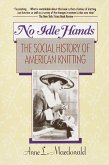
11,95 €
Sofort per Download lieferbar
eBook, ePUB
17. November 2010
Random House Publishing Group
| Broschiertes Buch | 26,99 € |
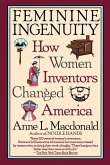
Broschiertes Buch
How Women Inventors Changed America
19. März 1994
Random House Publishing Group
| eBook, ePUB | 7,99 € |
7,99 €
Sofort per Download lieferbar
Ähnliche Artikel

6,49 €
inkl. MwSt. und vom Verlag festgesetzt.
Sofort per Download lieferbar

9,95 €
Sofort per Download lieferbar
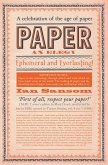
6,99 €
inkl. MwSt. und vom Verlag festgesetzt.
Sofort per Download lieferbar
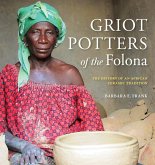

5,99 €
Sofort per Download lieferbar
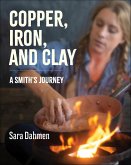
16,95 €
Sofort per Download lieferbar
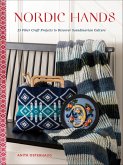
13,95 €
Sofort per Download lieferbar
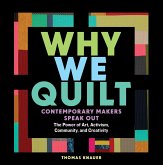
12,99 €
inkl. MwSt. und vom Verlag festgesetzt.
Sofort per Download lieferbar
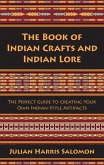
8,89 €
inkl. MwSt. und vom Verlag festgesetzt.
Sofort per Download lieferbar
eBook, ePUB
20. Januar 2015
Simon + Schuster LLC

2,81 €
inkl. MwSt. und vom Verlag festgesetzt.
Sofort per Download lieferbar
eBook, ePUB
9. August 2015
Charlotte Hanson
Ähnlichkeitssuche: Fact®Finder von OMIKRON
